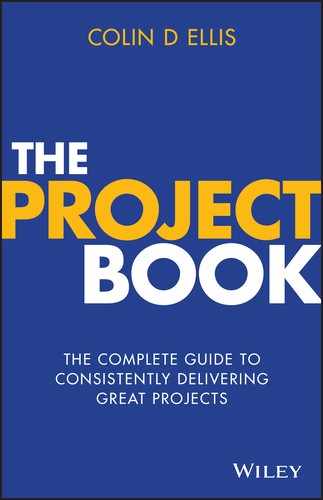PART I
LEADERSHIP
There are about a million (really, I’ve counted them) blogs and articles that articulate what leadership is. Many great business figures and authors have added their own thoughts on this. From the business world, Peter Drucker proposes, ‘Leadership is lifting a person’s vision to high sights, the raising of a person’s performance to a higher standard, the building of a personality beyond its normal limitations’. For Ken Blanchard, ‘The key to successful leadership today is influence, not authority’. Bill Gates predicts, ‘As we look ahead into the next century, leaders will be those who empower others’.
‘It is better to lead from behind and to put others in front,’ wrote the inspirational leader Nelson Mandela, ‘especially when you celebrate victory when nice things occur. You take the front line when there is danger. Then people will appreciate your leadership’.
My favourite definition of leadership was offered by Maya Angelou: ‘I’ve learned that people will forget what you said, people will forget what you did, but people will never forget how you made them feel’. If you aspire to becoming a project leader, this empathetic approach to people will be the foundation for success in everything you do.
To become a leader, you don’t need an MBA or PhD or project management qualification or Nobel Prize. Nor do you automatically become one when you have ‘manager’ or ‘director’ in your job title. To become a leader you need to make a decision. You need to decide whether you want to serve others and be the kind of person they aspire to be. Or not.
If you don’t want to serve others and be a role model, that’s totally fine. Being a project leader isn’t for everyone; after all, if everyone in the world was a leader, we’d get nothing done!
If you’re still determined, then you’re on the wrong side of a lot of hard, but ultimately rewarding, work on the journey to becoming a more emotionally intelligent version of yourself, starting with changing the way you behave, talk, listen, laugh, deal with poor performance and innovate. It’s possible you’ll have to completely reinvent who you are. You’ll have to identify and learn about the stuff you’re not so great at and spend your weekends cramming, reading books, blogs and magazines, and mapping out new routines to change old habits.
For far too long the corporate world has downplayed the importance of emotional intelligence, dismissing it as one of the ‘soft’ skills, which are among the hardest things to change.
In his ground-breaking book Emotional Intelligence, published in 1995, Daniel Goleman identified emotional intelligence (EQ) as the key differentiator for leaders. ‘What makes the difference between stars and others is not their intelligent IQ, but their emotional EQ.’
This is every bit as true today as it was 24 years ago, and it will remain so into the future, not just for us but for our children too.
A 2017 Harvard Business Review article predicted, ‘Skills like persuasion, social understanding and empathy are going to become differentiators as AI and machine learning take over other tasks’. Not only is it good for continued relevance, but another study found that ‘people who have a high EQ have been proved to be happier in their lives, and more productive in their work, than those with low EQ’.
Emotional intelligence is a learnt skill. And like any worthwhile accomplishment, it isn’t always easy. However, developing yourself and inspiring people who put their reputations on the line for you are among the greatest rewards you can get in the corporate world.
You will have to unlearn some things and work hard to learn others. You will have to challenge your assumptions and beliefs, and to listen when you’d rather be talking. Mostly, though, you will have to make time for all this and to make becoming the best version of yourself a priority.
You need to make the time to understand and work through what it means to be emotionally intelligent, to know how to recognise when you’ve got it right and to celebrate the win!
When the projects and programs you have managed are held in high regard, when people want to work with you again, when you’re held up as a role model for others, then you’ll know what it means to be emotionally intelligent and you’ll be halfway to becoming a great project leader.
